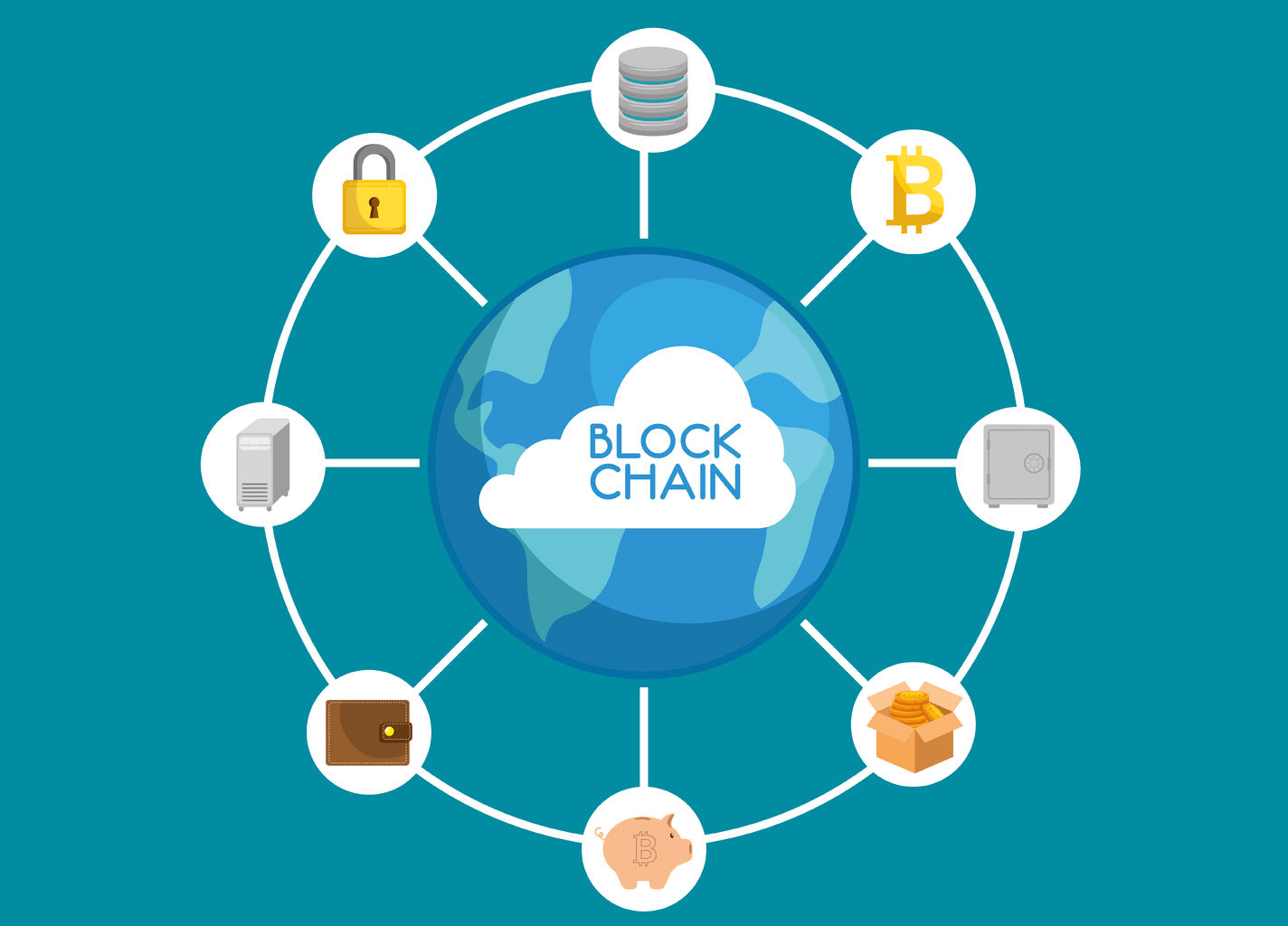
A Beginner’s Guide to ‘Blockchain’
Chances are, you’ve heard the latest tech buzzwords “blockchain,” “cryptocurrency,” and of course, “Bitcoin.” Read on for a basic overview of what they mean and why they matter to employers and job-seekers.
Blockchain
A distributed database that’s shared thousands of times across a network of computers. The records or “blocks” are linked to one another and are continually reconciled using a self-auditing ecosystem. Each block is embedded throughout the entire network and as a result, the transactions are public and transparent, and incorruptible.
At this point, blockchain technology has a largely invisible impact on our lives but as its uses and applications grow, it’s poised to revolutionize the way the internet is used for transactions and data storage.
Cryptocurrency
A digital currency that uses encryption to regulate the generation of currency and verify the transfer of funds, independent of a central bank. In this case, cryptography is used to create written or generated codes to protect the information.
Bitcoin
Blockchain technology was originally devised for a digital currency called Bitcoin, which was launched in 2009 by an individual or group known as Satoshi Nakamoto. It’s success has resulted in the creation of a number of other Cryptocurrencies including Litecoin, Namecoin and PPCoin.
To simplify the idea, Blockgeeks explains the blockchain concept with a Google “Docs” analogy. Rather than sending documents back and forth or locking and unlocking for collaboration, both parties have access to a single version of the document at the same time. Blockchain works the same way but rather than a shared document, it’s a shared ledger.
Because blockchain is a decentralized system, it offers unique benefits like enhanced security, efficiency and transparency. It gives users the ability to create value and authenticate digital information, transforming the way we’re able to use the internet. As a result, a number of industries have started to adopt and experiment with blockchain tech for other uses, like insurance and e-finance applications.
Why does it all matter?
Job search site Indeed reports that job postings mentioning “blockchain,” “bitcoin” or “cryptocurrency” have increased by 621% since November 2015. In addition, they reported a 1,065% growth in searches for jobs mentioning those terms.
From startups to large corporations like Visa, Uber and Ebay, companies are searching for and hiring for blockchain related roles. According to Forbes, you can now apply for cryptocurrency-specific positions such as developer, data scientist and project manager. A recent article states, “Some roles merely incorporate blockchain technology; others focus on it.”
How do you get involved?
Since it’s so new, many companies won’t require a deep knowledge of the technology and will be willing to train the right talent on the job. However, it is recommended to become familiar with the cryptocurrency and how it works. Take advantage of free online resources like the “Bitcoin and Cryptocurrency Technologies” course from Princeton or “Blockchain: Beyond the Basics” via LinkedIn Learning.
A blog from Dice suggests, “Learn more about blockchain and keep up with news on sites such as Coindesk. Also, take the time to listen to podcasts such as Unchained (hosted by Laura Shin) and by watching technical talks online. And don’t forget local meetups for blockchain, bitcoin, Ethereum, or even blockstack.”
Now is a great time to consider a career in blockchain. As more businesses realize the technology’s potential, the demand for expertise will continue to grow. Forbes contributor Laurence Bradford writes, “Bitcoin was invented in 2008, which means it’s coming up on its 10th anniversary next year. Since it doesn’t seem to be going away, now might just be the perfect time to embrace the new career opportunities the crypto world has to offer.”
If you are looking for a new tech role, contact us to get connected with a Marquee Workforce Solutions recruiter. We specialize in placing IT and Engineering talent in some of the most desirable areas in Southern California, including Irvine, San Diego, Orange County, Oceanside, and Carlsbad. We also provide the benefit of our knowledge and experience to help you improve employee retention, productivity and much more.
Facebook
Twitter
LinkedIn
Email
